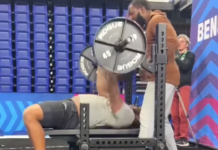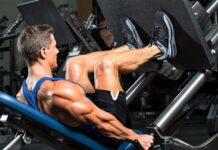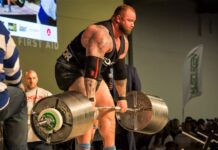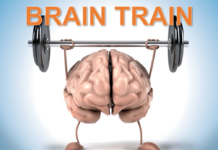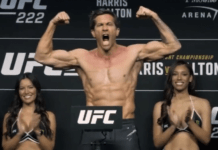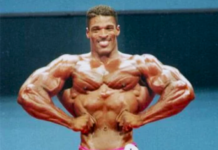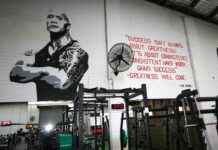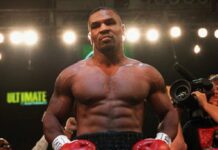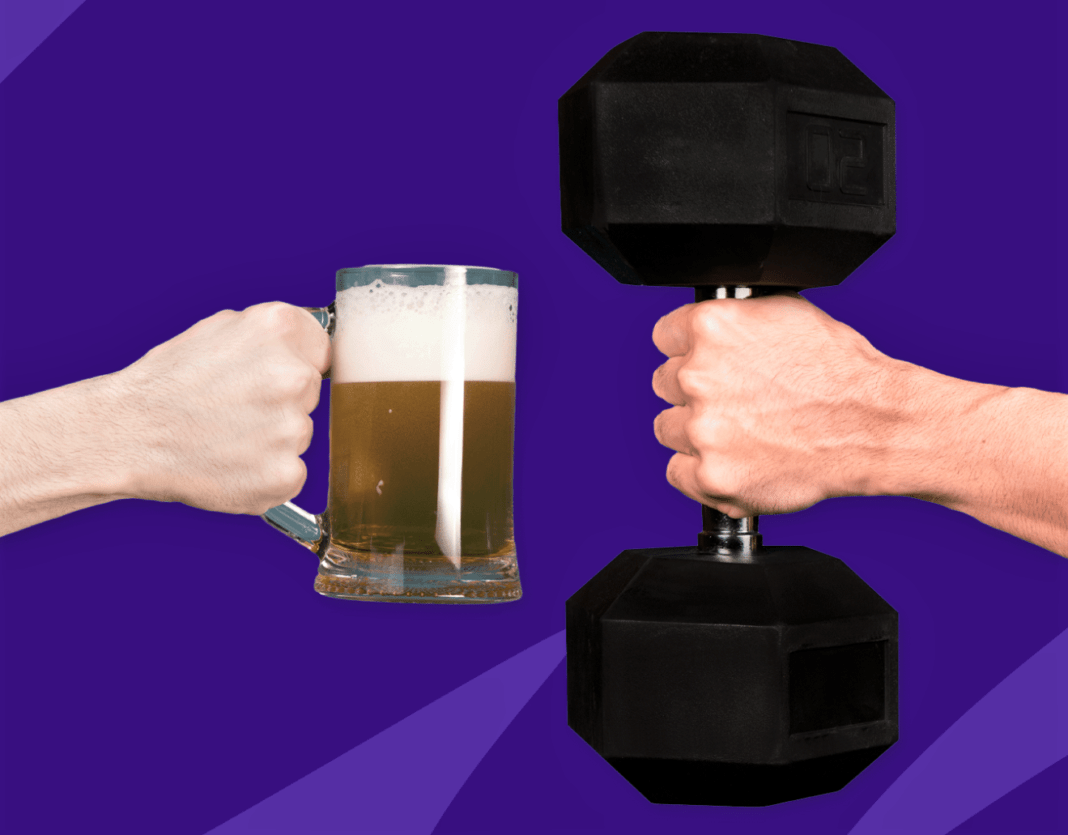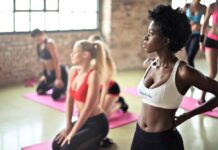“Milk is for babies, when you grow up you have to drink beer,” Arnold Schwarzenegger quipped to a fan in Pumping Iron. It was a joke. Though he has long enjoyed the occasional stein of suds, beer was not a regular part of Arnold’s bodybuilding diet. But it brings up a point: How does alcohol affect fitness and body composition? Are beer, wine, or hard liquor in moderation compatible with weight-training? The Barbell investigates the science of alcohol and exercise.
DEHYDRATION AND IMPAIRED PERFORMANCE
Alcohol is diuretic, which leads to increased urine production and subsequent dehydration. In turn, dehydration can compromise exercise performance by reducing strength, endurance, and coordination. A study highlights that even mild dehydration of 2% body mass loss can negatively affect aerobic performance and muscular endurance [1]. Working out in a dehydrated state can also heighten the risk of heat-related illnesses and injuries.
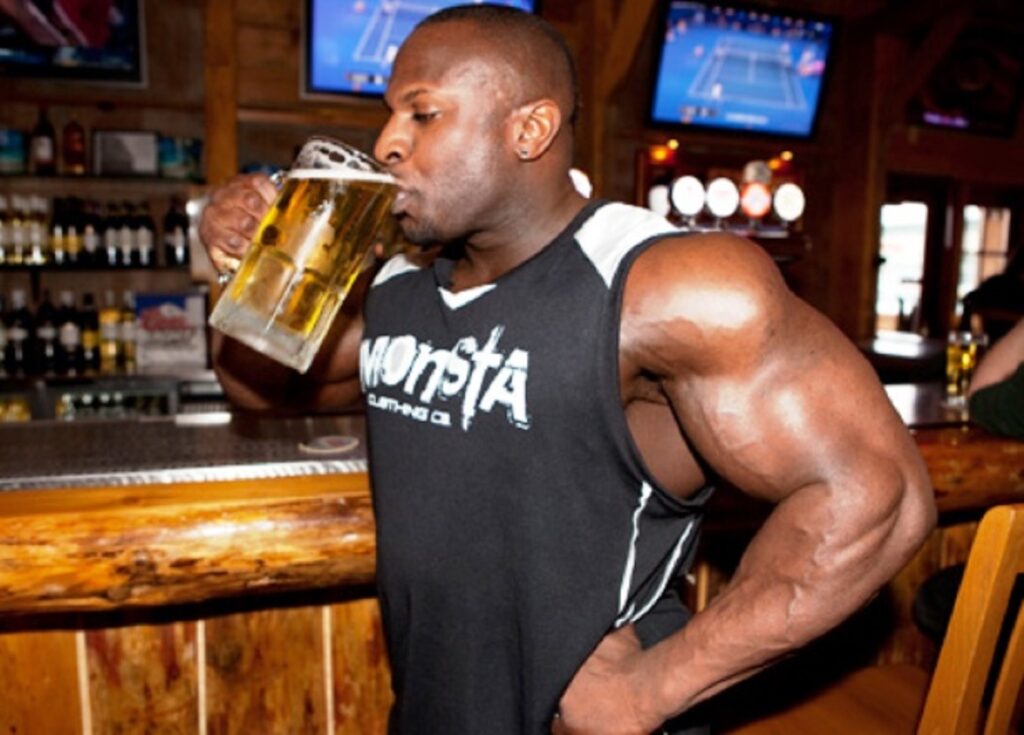
COORDINATION AND COMPROMISED TECHNIQUE
This one is obvious, but let’s quickly address it anyway. Booze negatively impacts coordination, balance, and reaction time, which raises the risks of exercise injuries [2]. Of course, you wouldn’t squat drunk. But don’t workout directly after consuming any alcohol.
CARDIOVASCULAR IMPACT
As the American Heart Association points out, moderate alcohol consumption has been associated with potential cardiovascular benefits (and not just red wine), but excessive intake can have adverse effects. Booze increases your heart rate and blood pressure, which may negatively impact your exercise capacity and cardiovascular health. A study suggests that heavy drinking is associated with an increased risk of atrial fibrillation, a condition that can compromise exercise tolerance and overall health [3].
MUSCLE RECOVERY AND NUTRIENT ABSORPTION
Drinking alcohol interferes with the body’s natural recovery mechanisms, inhibiting protein synthesis and glycogen replenishment, which impairs the body’s ability to repair and build muscle after workouts. Additionally, intoxicants can hinder the absorption of essential nutrients, including vitamins and minerals, which are crucial for optimal exercise performance.
DECREASED METABOLISM
The caloric content of alcohol, combined with its lack of nutritional value, can disrupt energy balance and metabolism. Booze is calorie-dense (a regular can of beer averages 150 calories, light beer averages 100 calories) but with little or no protein, and excessive consumption can lead to an increased intake of “empty” calories. Moreover, alcohol interferes with fat oxidation and can lead to increased fat storage.
SLEEP DISRUPTION
Quality sleep is essential for exercise recovery, muscle growth, and overall health. Drinking alcohol disrupts sleep patterns, leading to fragmented and restless slumber. This sleep disturbance, coupled with booze’s immune-suppressive effects, can hinder recovery and increase susceptibility to illness. Research indicates that alcohol disrupts sleep architecture, leading to a decrease in sleep quality [4].
REDUCED MOTIVATION
The feeling of sluggishness, headaches, and fatigue associated with drinking booze can diminish motivation to exercise. Hangovers and the general sense of malaise can deter you from going to the gym or engaging in any vigorous physical activity.
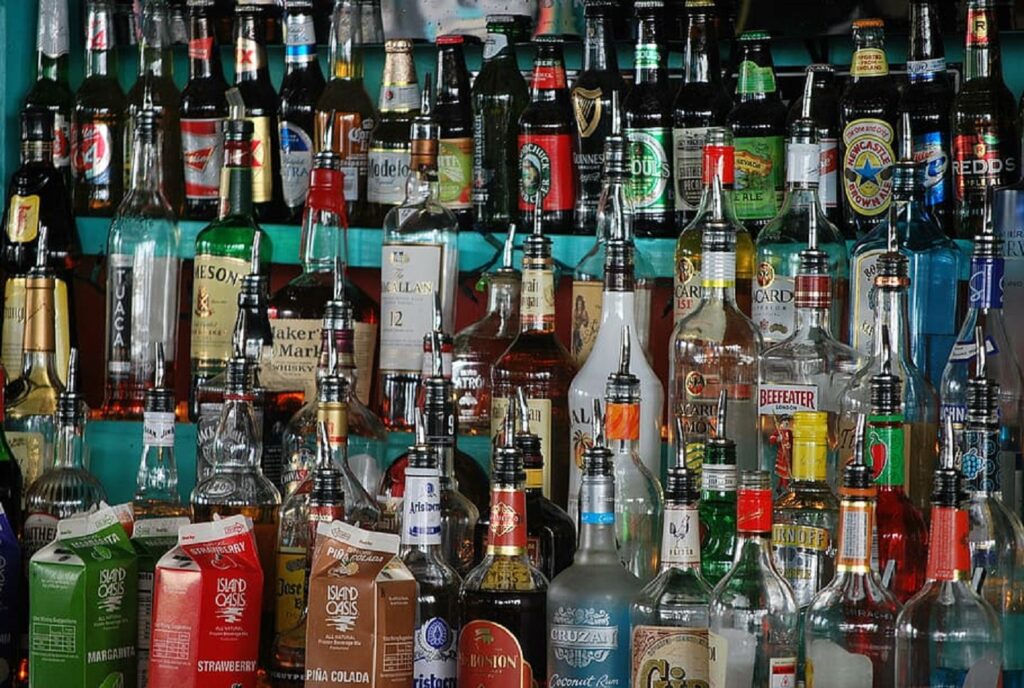
ALCOHOL AND EXERCISE: FREQUENTLY ASKED QUESTIONS
Can I consume a moderate amount of alcohol before a workout?
Drinking booze, even in moderation, before a hard workout isn’t advised. Alcohol’s dehydrating effects can impact your exercise performance by reducing endurance and strength. Moreover, it can impair coordination and reaction time, increasing injury risks. That said, light drinking and light exercising are frequently paired without consequences. If you had a beer or two and want to “sweat it out” with, say, some pickup basketball or football, go for it.
Can I drink after a workout?
It’s not recommended to drink alcohol immediately after a workout. However, a moderate intake later on may be okay. However, it’s crucial to stay aware of your hydration levels and prioritize proper post-workout nutrition to support recovery. And you should certainly not stop off at the bar for multiple rounds on your way home from the gym. One study looked at how young men were affected by heavy alcohol intake (the equivalent of drinking around seven beers over three hours) after exercise [5]. The research found the subjects had reduced muscle protein synthesis—the metabolic process that helps the body build muscle—compared to when no alcohol was downed.
How long after drinking should I wait before exercising?
Allow sufficient time for alcohol to leave your system before exercising. On average, the body metabolizes about one standard drink per hour. (A standard drink is a 12 oz. can of beer, glass of wine, shot of hard liquor, etc.) So, one beer, wait one hour. Three glasses of wine, wait three hours.
Can moderate alcohol consumption have any benefits for exercise?
Some research suggests that moderate alcohol consumption might have limited cardiovascular benefits. However, these potential benefits are often outweighed by the negative impacts of alcohol on exercise performance, recovery, and overall health.
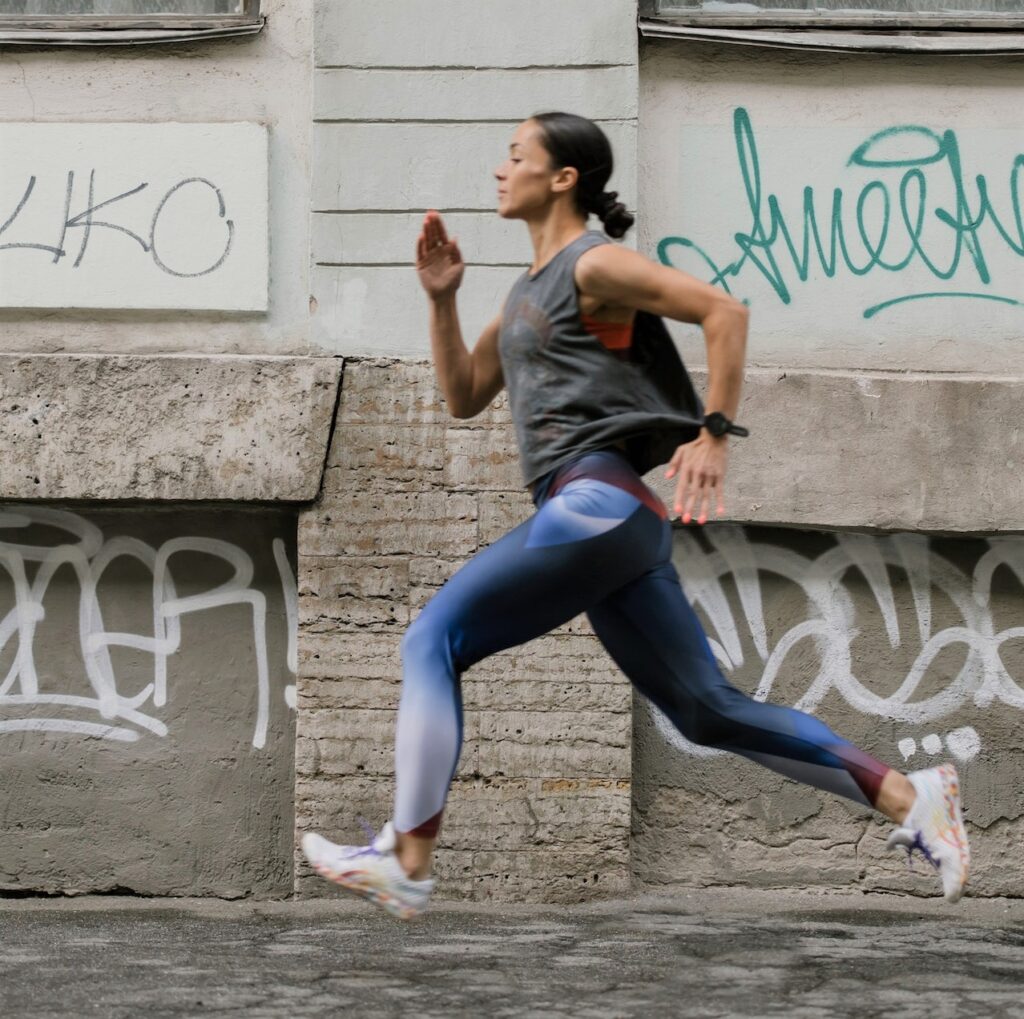
How does alcohol affect muscle recovery?
Alcohol can hinder muscle recovery by disrupting protein synthesis and glycogen replenishment. These processes are crucial for repairing and building muscle.
How many calories in a drink of alcohol?
Here are the approximate calories for some popular alcoholic drinks:
6.8 oz. pina colada — 525 calories
8 oz. margarita — 275 calories
8 oz. rum and Coke — 185 calories
12 oz. can of beer — 150 calories
12. oz. hard apple cider — 150 calories
5 oz. glass of wine — 120 calories
2 oz. standard martini — 120 calories
8 oz. rum and Diet Coke — 100 calories
12 oz. can of light beer — 100 calories
1.5 oz. of liquor — 100 calories
ALCOHOL AND EXERCISE: CONCLUSION
Alcohol consumption can lead to dehydration, impaired muscle recovery, compromised coordination, disrupted metabolism, adverse cardiovascular effects, sleep disruption, immune system suppression, and decreased motivation. Whew! To optimize strength, endurance, and muscularity, avoid alcohol entirely before working out and drink only in moderation at all other times. And don’t take Arnold’s jokes seriously.
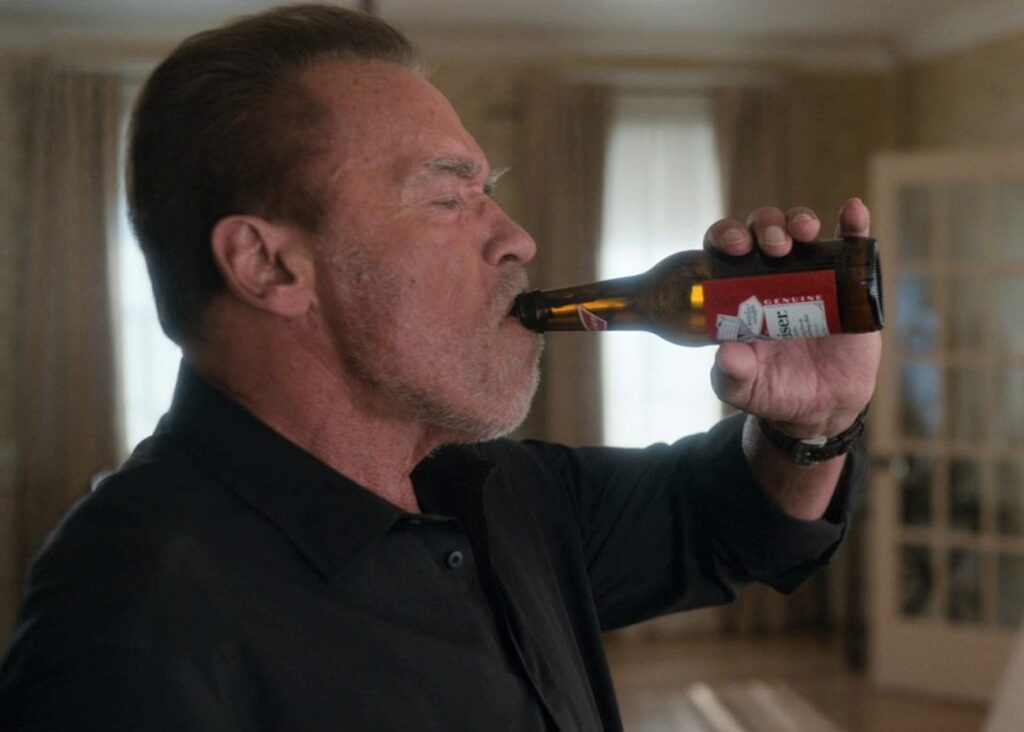
Sources
1. Casa, D. J., Armstrong, et al., (2000), “National Athletic Trainers’ Association position statement: Fluid replacement for athletes,” Journal of Athletic Training, 35(2), 212-224.
2. Parry, M. (2005), “Alcohol and physical performance,” Journal of Sport Rehabilitation, 14(3), 281-289.
3. Larsson, S. C., et al. (2014), “Alcohol consumption and risk of atrial fibrillation: a prospective study and dose-response meta-analysis,” European Journal of Preventive Cardiology, 21(5), 634-641.
4. Roehrs, T., & Roth, T. (2001), “Sleep, sleepiness, and alcohol use,” Alcohol Research & Health, 25(2), 101-109.
5. Evelyn B Parr, et al. (2014) “Alcohol ingestion impairs maximal post-exercise rates of myofibrillar protein synthesis following a single bout of concurrent training,” PLos One, 2014 Feb 12;9(2):e88384.

